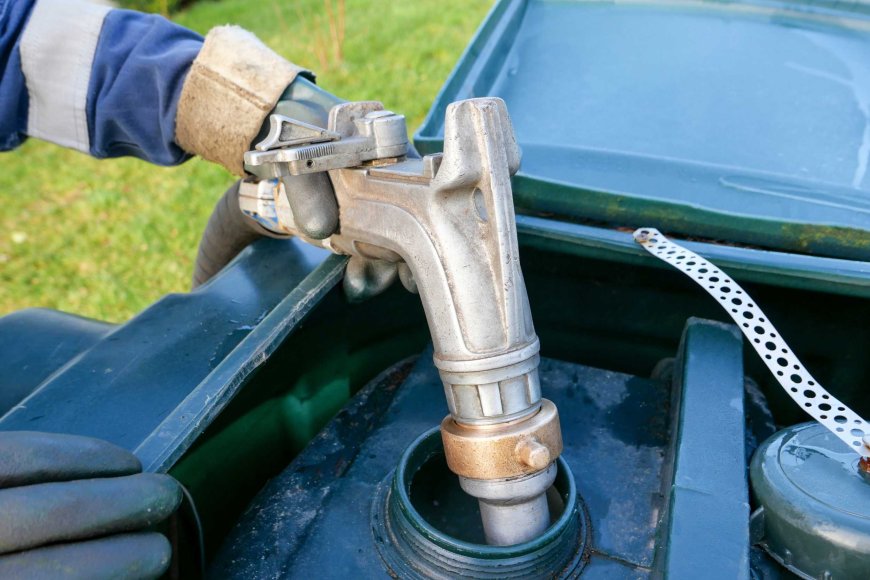The Vital Role of Agricultural Fuel Suppliers in Modern Farming

In todays agricultural landscape, efficiency and reliability are critical to the success of farming operations. Among the key contributors to these qualities are agricultural fuel suppliersspecialized companies that provide the energy resources farmers need to power equipment, heat facilities, and ensure the smooth running of daily operations. These suppliers play a pivotal role in supporting food production and rural economies.
What Are Agricultural Fuel Suppliers?
Agricultural fuel suppliers deliver fuel products specifically tailored to the needs of the farming sector. These fuels include diesel (particularly red diesel or off-road diesel), gasoline, kerosene, propane, and biofuels. Unlike standard fuel retailers, agricultural fuel suppliers often provide bulk deliveries directly to farms, offer on-site fuel storage solutions, and ensure compliance with environmental and regulatory standards.
These services are essential because modern agriculture relies heavily on machineryfrom tractors and harvesters to irrigation pumps and grain dryers. These machines consume large amounts of fuel, and consistent supply is necessary to avoid costly disruptions, especially during critical seasons like planting and harvest.
Fuel Types and Their Uses
The most common type of fuel used in agriculture is red diesel, also known as gas oil. This fuel is dyed red to indicate it is tax-exempt for off-road use. It powers heavy machinery such as combines, plows, and sprayers. Propane is frequently used for heating greenhouses, drying crops, and fueling forklifts. Biodiesel and other renewable fuels are also gaining popularity among environmentally conscious farmers seeking to reduce their carbon footprint.
In addition, many fuel suppliers offer lubricants, coolants, and fuel additives to enhance engine performance and longevity. The availability of these supplementary products through a single supplier adds convenience and value for farm operators.
Logistics and Reliability
Agricultural fuel suppliers often operate on tight delivery schedules, especially during peak farming seasons. Timely delivery is criticalany delay can lead to idle equipment and missed production windows. Reliable suppliers invest in logistics infrastructure, such as GPS-tracked delivery trucks and automated scheduling systems, to ensure accuracy and prompt service.
Some suppliers also provide remote monitoring technology for on-farm fuel tanks. These systems automatically alert the supplier when fuel levels are low, allowing for just-in-time refueling and minimizing the risk of downtime.
Environmental and Regulatory Compliance
Fuel storage and usage in agriculture must comply with various environmental and safety regulations. Agricultural fuel suppliers help farmers navigate these rules by offering compliant tanks, spill containment systems, and training on proper fuel handling. Many also promote the use of cleaner-burning fuels and sustainable practices to reduce environmental impact.
Supporting Rural Communities
Beyond providing fuel, these suppliers contribute to rural economies by creating jobs and supporting local agricultural businesses. In many areas, they also act as emergency responders, ensuring fuel access during severe weather or disasters when farmers must act quickly to protect crops and livestock.
Conclusion
Agricultural fuel suppliers are an indispensable part of modern farming. By ensuring the continuous flow of energy needed for machinery and facilities, they help farmers operate efficiently, sustainably, and profitably. As agriculture continues to evolve, the role of fuel suppliers will only grow in importancesupporting the backbone of food production worldwide.








































